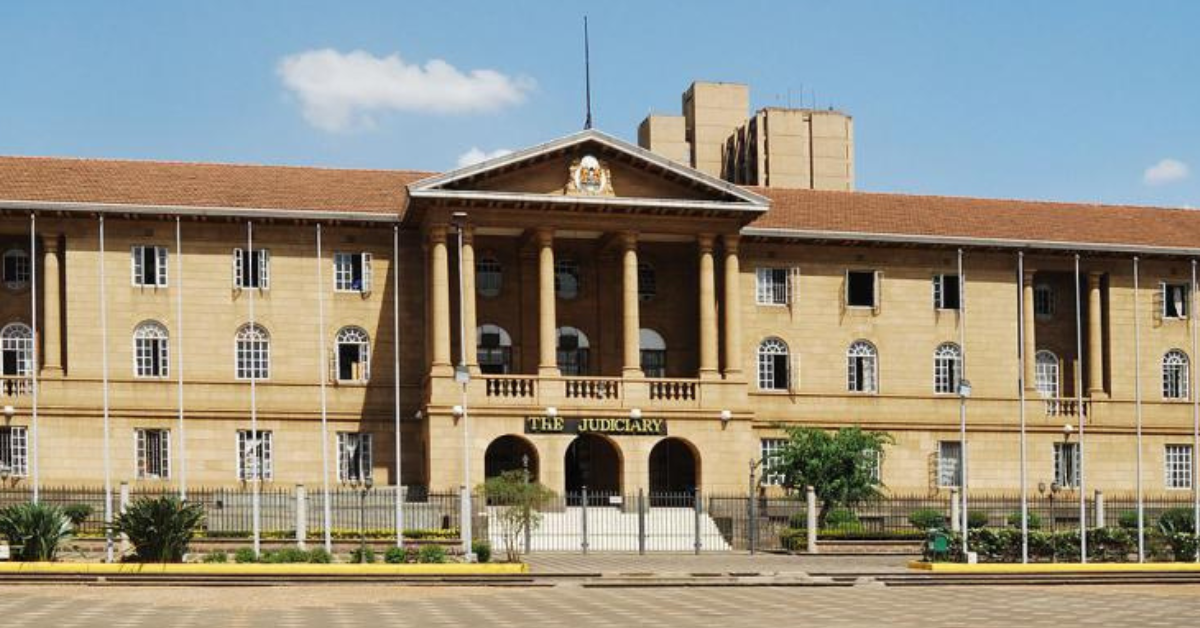PROCEDURAL BACKGROUND
- The Trial Courts were: the Family Court in United Kingdom High Court of Justice Family Division and the High Court of Kenya: Constitutional and Human Rights Division.
- 1st Appeal to the Court of Appeal, which dismissed the appellant’s case for child custody and access.
- The Supreme Court.
SUBSTANTIVE BACKGROUND
Mutheu Agatha Khimulu (Appellant) and Raheem Mehdi Aziz (1st Respondent) got married under the African Christian Marriage and Divorce Act and were blessed with a child. However, as fate may be, the marriage broke down and was dissolved on the 9th October, 2008 by the court. Prior to the dissolution, the parties had entered into a Parental Responsibility Agreement on the 15th May, 2008 setting out the terms of custody, upbringing and welfare of their child.
Sometime in the year 2014, the Appellant left for the United Kingdom (UK) to further her studies accompanied by her son with the express consent and knowledge of the 1st Respondent. Shortly after, the 1st Respondent contacted the National Society of Prevention of Cruelty to Children in the UK alleging that the Appellant had intentions to injure the child. In the circumstances, the Appellant filed for a Child Arrangement Order for the child to live with her. In response thereto, the 1st Respondent filed a Cross- application for the child to live with him too and subsequently, he sought an order against the Appellant to prohibit her from removing the child from he jurisdiction of England and Wales.
On 7th August, 2015, the Family Court in United Kingdom High Court of Justice Family Division, ruled in favour of the 1st Respondent and further took notice that the Appellant had been charged with the criminal offence of child cruelty and a criminal trial was pending. The English Court invalidated the PRA, prohibited the Appellant from directly contacting the minor. The child was then maintained as a ward of the Court.
The Appellant moved to the High Court at Nairobi seeking to have the Parental Responsibility Agreement (PRA) adopted as an order of the Court, which order, was granted. She further proceeded to institute proceedings at the High Court through a Constitutional Petition invoking Articles 27, 28, 29, 43, 45, and 53 of the Constitution. The Petition was amended on 18th December, seeking to join State agencies and she also sought orders for diplomatic intervention. The Petition was dismissed and made a finding that the 1st Respondent had not infringed or violated any of the appellant’s fundamental rights and freedoms.
Aggrieved by the decision of the High Court, she moved to file an Appeal at the Court of Appeal. The Court of Appeal upheld the decision of the High Court and in dismissing the Appeal, affirmed the decision of the UK High Court, that the PRA was inapplicable to the parties. The Appellant resorted to filing a Notice of Appeal at the Supreme Court seeking that the Judgment of the Court of Appeal be set aside.
HOLDING
- The Supreme Court confirmed that this matter was within their jurisdiction under Article 163 (4) (a) of the Constitution.
- The Court of Appeal erred in placing credence on the findings of the family court in English Court which largely disregarded the PRA; an agreement that could not be violated without consequence and that the PRA is a binding agreement between both the appellant and the 1st Respondent and could only be terminated by the High Court.
- The English Court Orders do not supersede the PRA and it was improper for the Superior Courts to rely on the English’s Court determination, which made no reference to the laws of Kenya, the CRC, and the African Charter on the Rights and Welfare of the Child.
- While making a decision that will impact the child, the Court is mandated to consider all circumstances affecting the child and that the child upon reaching 18 years is at liberty to choose whom to live with and whether or not he wants to see the appellant.
JUDGMENT
The appeal was allowed and the Judgment of the Court of Appeal dated 4th June 2021 was set aside.
IMPLICATIONS OF THE DETERMINATION
The Supreme Court has affirmed what parental responsibility is citing that it is a mandatory and ongoing obligation. It also attaches to the rights of the child as it is the parent who has the responsibility to ensure that the needs of the child are catered for.
The Court also found that the best interest of a child is paramount and that a child needs both parents, as it is their right, especially where a parent’s incapacity has not been proven, and that both parents provide the child with significant social, psychological and health benefits. This position essentially reaffirms the precedent that affording a child access to both parents is in their best interests, particularly if there is no proof or evidence of one parent’s incapacity.
Finally, the Court reiterated that it is never in the interests of the child when parents are engaged in protracted Court battles as they may harm the child psychologically and mentally.
Should you have any questions regarding the information in this legal alert, please do not hesitate to contact the Firm.
Author:



